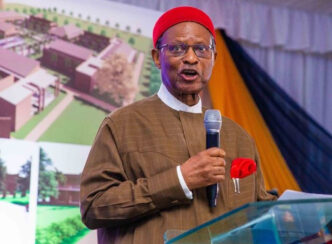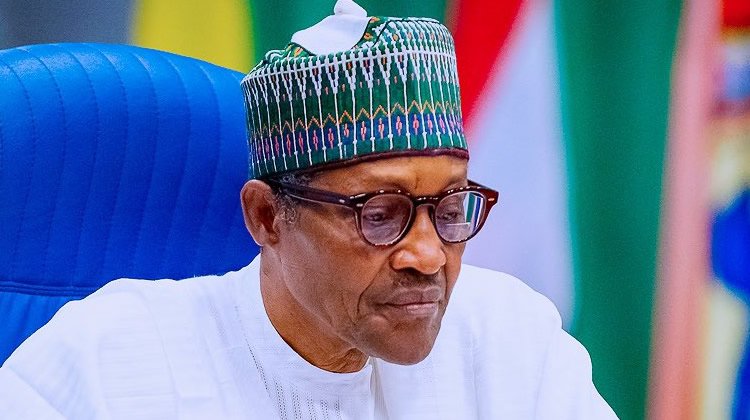Former Commonwealth Secretary-General Emeka Anyaoku has called for the replacement of Nigeria’s 1999 constitution.
Gatekeepers News reports that during a national summit convened by The Patriots and the Nigerian Political Summit Group in Abuja, Anyaoku said the 1999 constitution lacks legitimacy and must be replaced through a national referendum.
Anyaoku argued that the current constitution does not reflect the country’s diversity and was imposed by the military rather than being democratically created.
He emphasised that Nigeria is a pluralistic society, and like other successful multi-ethnic nations, it needs a constitution crafted by elected representatives of its various peoples.
According to him, the 1999 constitution, even in its amended form, fails this test as it was introduced through a military decree and fosters a governance system that is both exclusive and financially wasteful.
The former Commonwealth Director General noted that the cost of administration under the current system outweighs investments in national development.
Anyaoku cited growing insecurity, worsening poverty, inadequate infrastructure, and widespread disillusionment among young Nigerians as signs that the current constitutional framework is no longer workable.
He insisted that a new, people-driven constitution, one that truly reflects federal democratic principles, is essential for reversing the country’s challenges and restoring effective governance.
The former DG also questioned the viability of Nigeria’s current 36-state structure, suggesting it has become an obstacle to progress.
Anyaoku added that a nation’s leadership quality is deeply influenced by its governing constitution, which shapes who gets into power and how they function across the executive, legislative, and judicial branches.
The elder statesman revealed that the summit would produce recommendations on the core elements of a new constitution, including whether the country should adopt a presidential or parliamentary system, the structure of the legislature, and policies around leadership rotation and tenure.
He stressed that legitimacy must come from the people, and so the new constitution, once drafted, should be subjected to a national referendum.
According to him, only through such a process can the constitution truly represent the will of Nigerians, unlike the 1999 document, which was neither written by elected representatives nor approved by the public.









